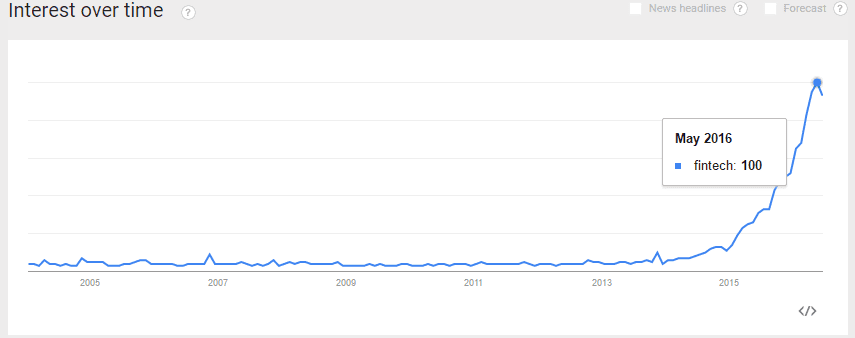Fintech innovation applies to the technology start-ups disrupting the financial sector such as money transfers, mobile payments, loans, asset management and fundraising. It is an area that cannot be ignored because of its direct influence on the financial sector. For instance, a report by Accenture demonstrates that the margin of global investment in Fintech has drastically risen from $930 million in 2008 to over $12 billion by 2015. Europe has experienced the highest growth rate of an increase of 215% to $1.48 billion in 2014.
Fintech entered the market with such massive force that it suddenly changed the game of financial regulations, customer behaviour and triggered other new innovations. There is still predicted exponential growth of the figure if this trend continues. Such is the influence of technology on the financial sector. And because the financial sector is the pillar of the country’s economy, governments are aware that technology innovations must move along too.
There are a number of Fintech innovation trends you should watch. For instance, the innovations that were presented at Finovate conferences in October 2015 offer a great guidance for financial institutions that need to major in investments.
Retail banking is the one hit hard by waves of Fintech innovations. Fintech has filtrated into retail banking, giving insight of what services and products a bank should provide and how they should be delivered. Fintech has stirred up new products that better meet the needs of customers. This technology has transformed the complex paper forms and document transactions into a much more engaging digital experience on a device. It is therefore important for retail banking to use the top Fintech trends to rethink how it interacts with its members and customers.
Again, we had discussed how natural language processing has really helped customers to get relevant assistance. I think you know how boring it is calling for customer service and wasting much time while interacting with irrelevant interactive voice response phone. But the fintech has eased that after tech innovator, NorthSide, introduced an exciting customer experience that is using English conversation to access self-service information from mobile devices.
Entrepreneurs now have much more choice such as crowdsourcing and mobile payments. With fintech, it is easier to set-up your business and expand it. Crowdsourcing enables individuals with good business ideas to get funding easily from anywhere in the world and in fact from people they have never met.
We had also in one of our previous articles, discussed how Fintech has also had impact on transferring money across borders. The TransferWise has dealt a blow the conventional expensive banking solution and allowed the individuals and small firms to send money cheaply.
It is also noticeable that Fintech has heavily changed the behaviour of customers. The use of smartphone and the ‘always online’ culture has allowed people to access information and data they could not have previously been able to get. Handling financial affairs is as easy and convenient as accessing email or Facebook page.
As an aggressive and smart entrepreneur, it is imperative to note that Fintech has opened up a world of possibilities. It is now possible for businesses to provide more services than ever and at a lower cost than before. A smart entrepreneur should keep up to date with Fintech innovations.
An Analytics of Fintech Trends On Google
Using the Google Trends Analytics, these graphs bellow show you how popular the search for Fintech related terms and words is online and how fast it is presently growing;




































